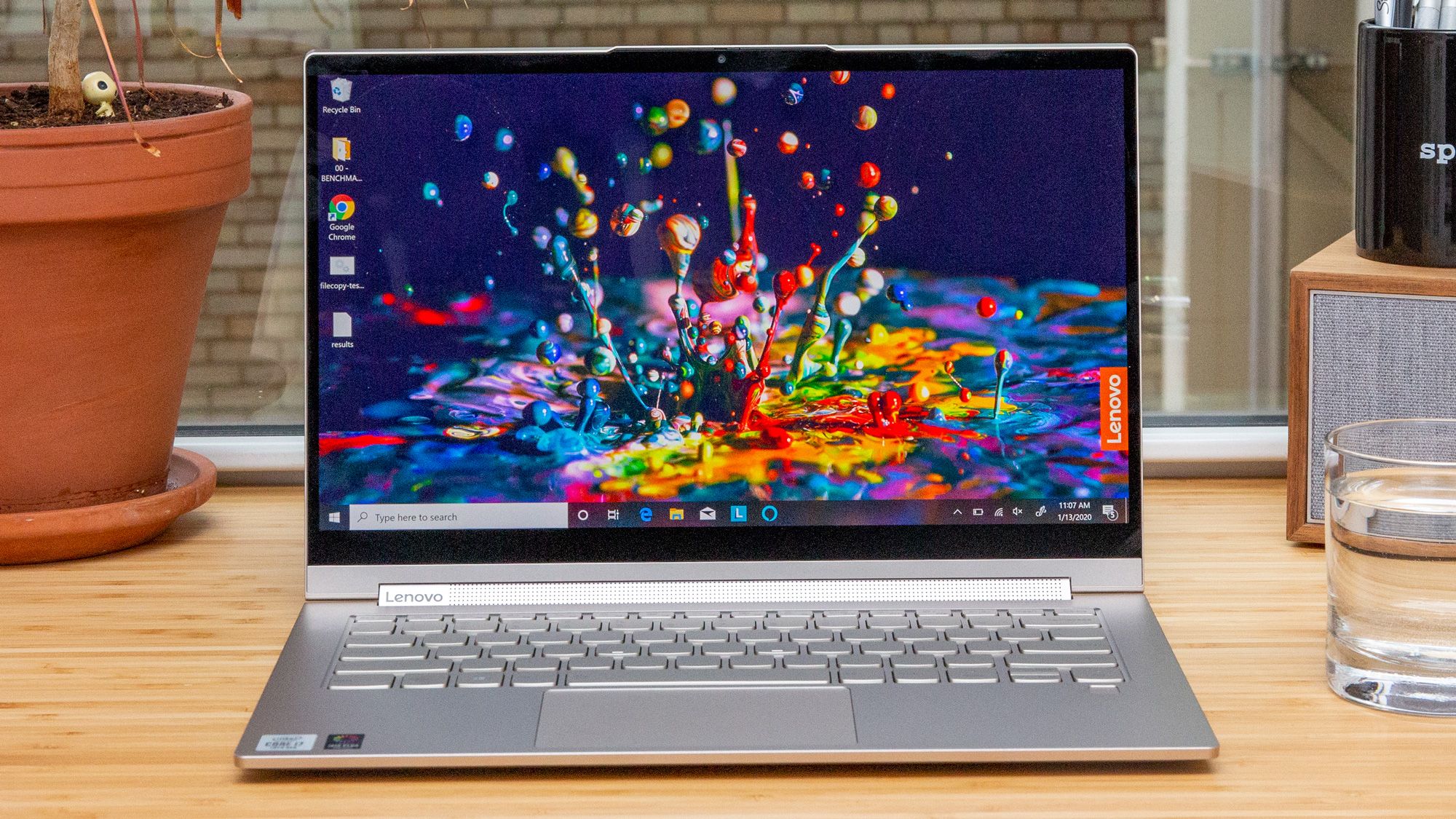Your laptop can help in the fight against the coronavirus
Your laptop could help unlock a cure to the coronavirus

The Folding@Home program is looking for your help to find a cure for the coronavirus, also known as COVID-19. More specifically, they would like you to download the Folding@Home software and allow them to use some of the processing power from your computer to help researchers understand and discover new methods to combat the virus.
If you are unfamiliar with Folding@Home, the project was launched back in 2000 and uses distributed computing to assist researchers around the world across a wide array of health concerns including Alzheimer's, cancer, influenza, HIV, Hungtington's and more.
- Coronavirus could cause HUGE shock to PC shipments in 2020
- Apple moving iPad production out of China due to coronavirus outbreak
- Windows 10 and Surface sales will suffer due to coronavirus outbreak, Microsoft warns
So how does this work? The Folding@Home software will take unused computational resources on your computer and puts them to work on a small piece of simulation, which gets sent back to its servers to be joined with the rest of the simulations. While the impact on your system should go virtually unnoticed, the combined power of all the networked computers in the Folding@Home system is over 100 petaFLOPS, putting it on par with some of the fastest supercomputers in the world.
Installing the software is easy. Simply go to the Folding@Home downloads page and you will find available versions for macOS, Windows, and Linux (Debian, Mint, Ubuntu, Redhat, Centos, and Fedora). If you want greater control over the amount of processing power that the software uses on your computer, you should choose the custom install as the default setting for the software to operate whenever your computer is on.
Sign up to receive The Snapshot, a free special dispatch from Laptop Mag, in your inbox.
Sean Riley has been covering tech professionally for over a decade now. Most of that time was as a freelancer covering varied topics including phones, wearables, tablets, smart home devices, laptops, AR, VR, mobile payments, fintech, and more. Sean is the resident mobile expert at Laptop Mag, specializing in phones and wearables, you'll find plenty of news, reviews, how-to, and opinion pieces on these subjects from him here. But Laptop Mag has also proven a perfect fit for that broad range of interests with reviews and news on the latest laptops, VR games, and computer accessories along with coverage on everything from NFTs to cybersecurity and more.

